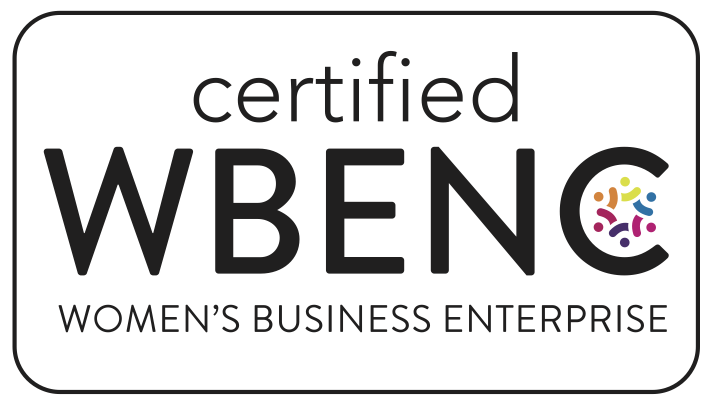Workforce Management
How to Make DEI Programs More Effective
Researchers have found that companies with a more diverse workforce and leadership team are overall more profitable than their peers that lack such diversity.1 Many factors lead to this growth in revenue. Notably, today’s applicants want to work in strong company cultures that value people and how employees contribute to a company’s success. This interest drives top talent to companies with well-developed inclusive cultures and improves retention among current staff. An engaged workforce tends to be more productive—and higher productivity generally means higher profitability.
The Role of HR in a Recession
HR's role in a recession is to mitigate stress, resolve tensions, maintain morale, and ensure that employees continue to be rewarded for their hard work. This is what HR should be doing all of the time, of course, but these tasks are especially important during economic downturns. Drawing on respect and empathy as guiding principles, HR can help their organizations and employees navigate the challenges that emerge during a recession.
Vacation Policy Guide for HR
Every employee needs a vacation now and then, whether it's a two-week trip to the Bahamas or a single day off for mental health. It's incredibly important for organizations to have a consistent vacation policy spelled out in their handbooks so their employees can have some well-deserved rest. But what exactly is vacation time in the workplace? Should it be paid? How does it accrue? And what's the difference between a vacation and other forms of leave?
How to Handle Low Performers
Recruiters and HR leaders are under a lot of pressure to identify top talent to present to hiring managers. However, some traits and behaviors can slip past even the most rigorous screening process: recruiters can screen for skills, culture fit, and many personality traits, but without the ability to predict the future, they can’t always identify candidates who may turn out to be low performers.
Is It Time to Abolish Performance Improvement Plans?
As organizations take a closer look at how they utilize PIPs, it’s important to first ask why a PIP might be necessary. Is the employee in question failing to meet performance goals? Or is a behavior-related concern affecting the workplace? A performance improvement plan may be appropriate under these circumstances, as long as the intended result is an achievable improvement in a reasonable amount of time.






